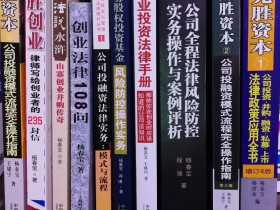Does it constitute a copyright infringement of Baidu Wenku for sharing literature works for free without obtaining consent of the writers? Can Baidu be exempted from liabilities for the reason that the documents are uploaded by internet users? The above issues have become most debated topics recently. Under such circumstances, journalist of IT-Times had an interview with Senior Lawyer Mr. Chambers Yang. In Mr. Yang’s opinion, Baidu obviously infringed the right to network dissemination of information of writers and caused certain amount of property losses of such writers. Meanwhile, some non literature works, which have not attracted public attention, have also been shared on Baidu Wenku. As an internet company with wide influence inChina’s IT industry, Baidu should have realized that an infringement on writers’ right to network dissemination ofinformation would be caused by opening the uploading platform of Baidu Wenku to all internet users. Obviously, Baidu cannot be exempted from its liability for infringement by abusing the “SafeHarbor”principles.
Also, the journalist of IT Times had an interview with Mr. Yang on the case of Hudong.com (“Hudong”) against Baidu, in which Hudong claims that Baidu takes advantage of its dominant position by manually modifying the search results and placing Baidu Baike at a higher rank than Hudong, which violates the Anti-Monopoly Law of China and constitutes an unfair competition. Mr. Yang considers that supporting evidences are needed to prove the dominant position of Baidu and its dominant position has been abused. However, by advancing the ranking auction above the search results, Baidu has obviously infringed the rights of search engine users and other internet services providers. If Hudong is able to prove Baidu’s abuse of dominant position, it will be helpful to the internet environment. However, the legitimacy of splitting Baidu Corporation still needs to be directly supported by laws and regulations.




